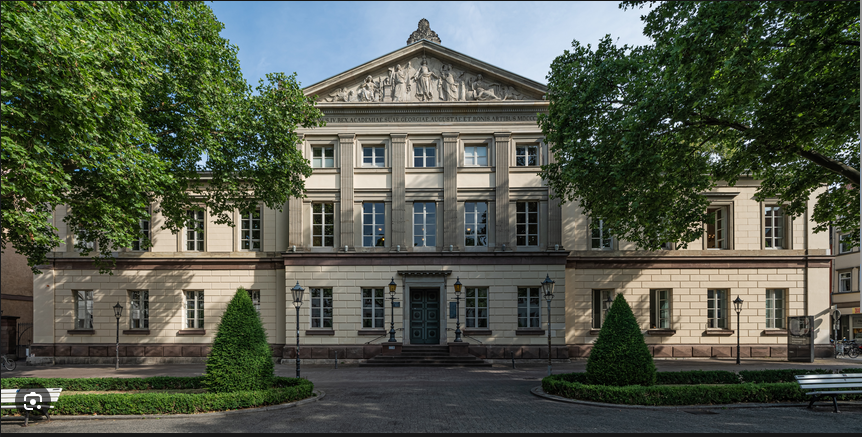Speaker
Description
Based on fieldwork conducted in B Village, Qilian County, Qinghai Province, and Y Village, Minle County, Gansu Province, we shed new lights on how agriculturalists and pastoralists integrate resources to construct adaptive strategies, and how these strategies interact and perform agro-pastoral coupling to overcome the resource dilemma. Under the pressure from natural disasters, anti-grazing policy, supply chain, and product market, agriculturalists and pastoralists respond with combined strategies through a broad bricolage of natural, physical, financial, social, and human capital. Among them, transhumance (yidi jiemu) constitutes an emerging link between agricultural and pastoral areas and between agriculturalists and pastoralists. Pastoralists utilize the geographical advantage by moving their livestock from pastures to corn straw fields in the agricultural area to curtail grazing costs. Transhumance promotes crop–livestock integration and agro-pastoral coupling through mechanisms of resource sharing and reciprocity, characterized by positive socio-ecological impacts such as income growth, grassland restoration, and farmland fertility improvement. However, the sustainability of transhumance is increasingly challenged by high transaction costs and poor infrastructure. Our research has important implications for the sustainable development of grassland animal husbandry and the effective balance between conservation and development in the agro-pastoral interface.

